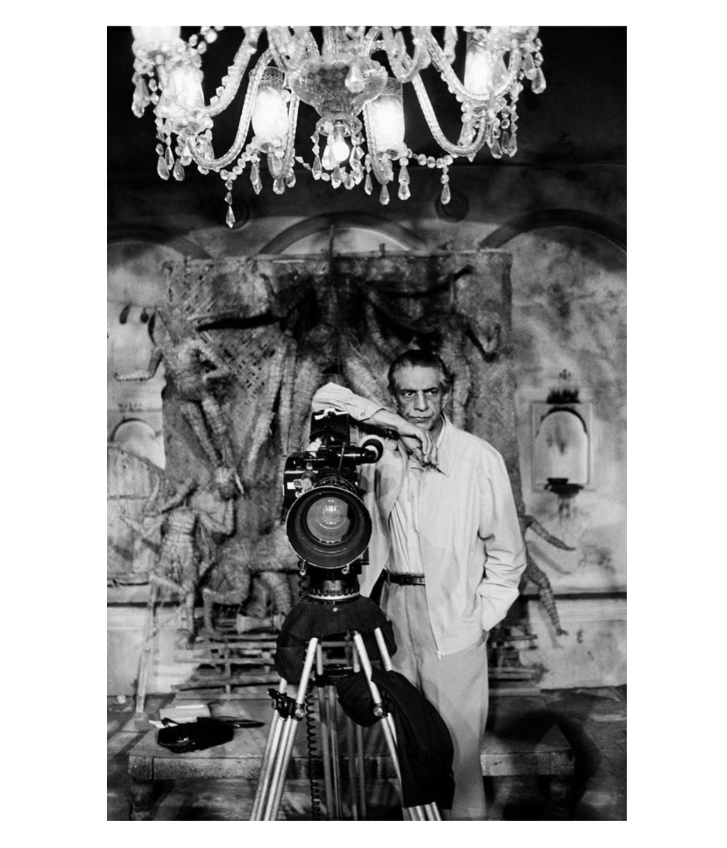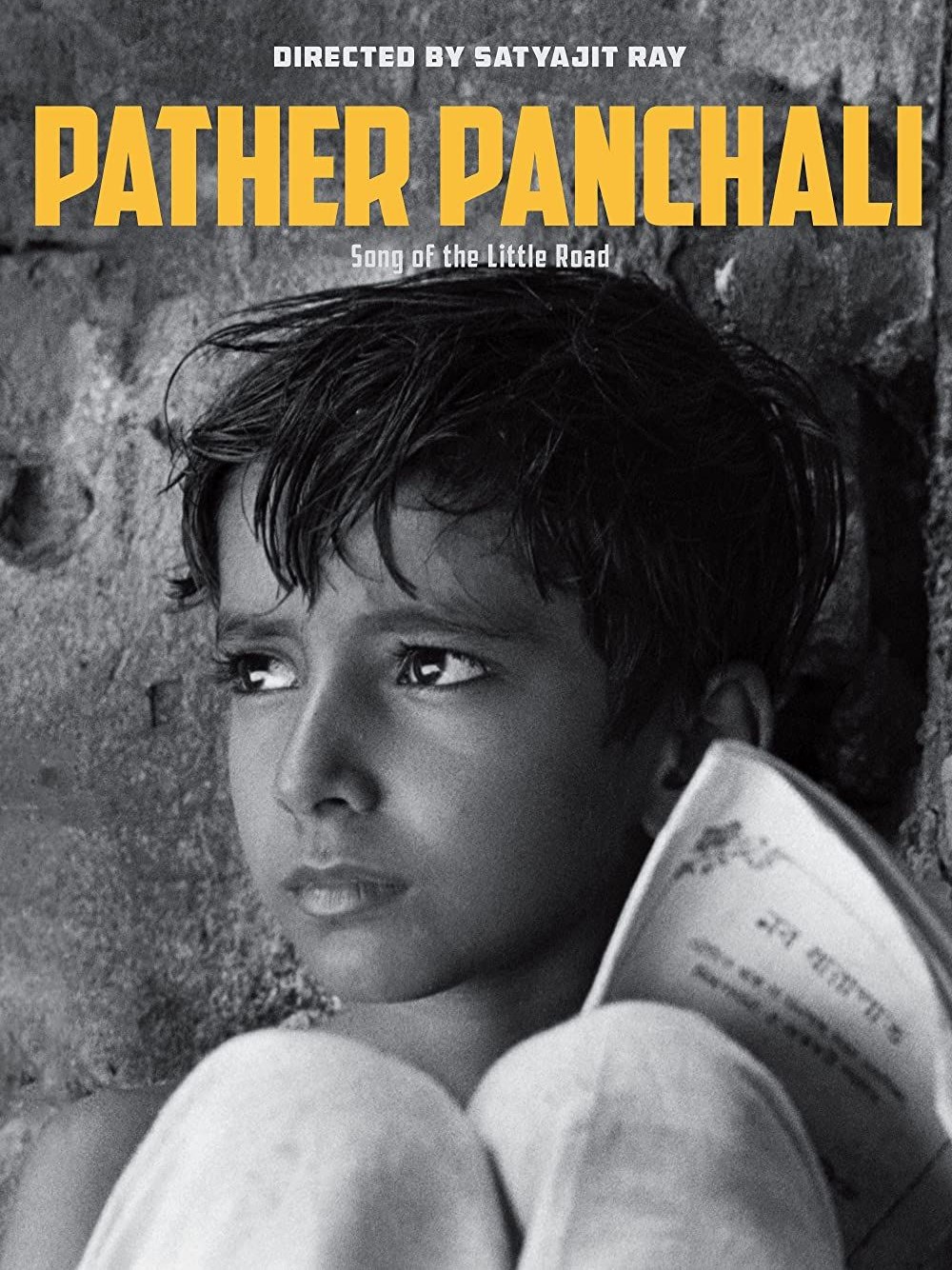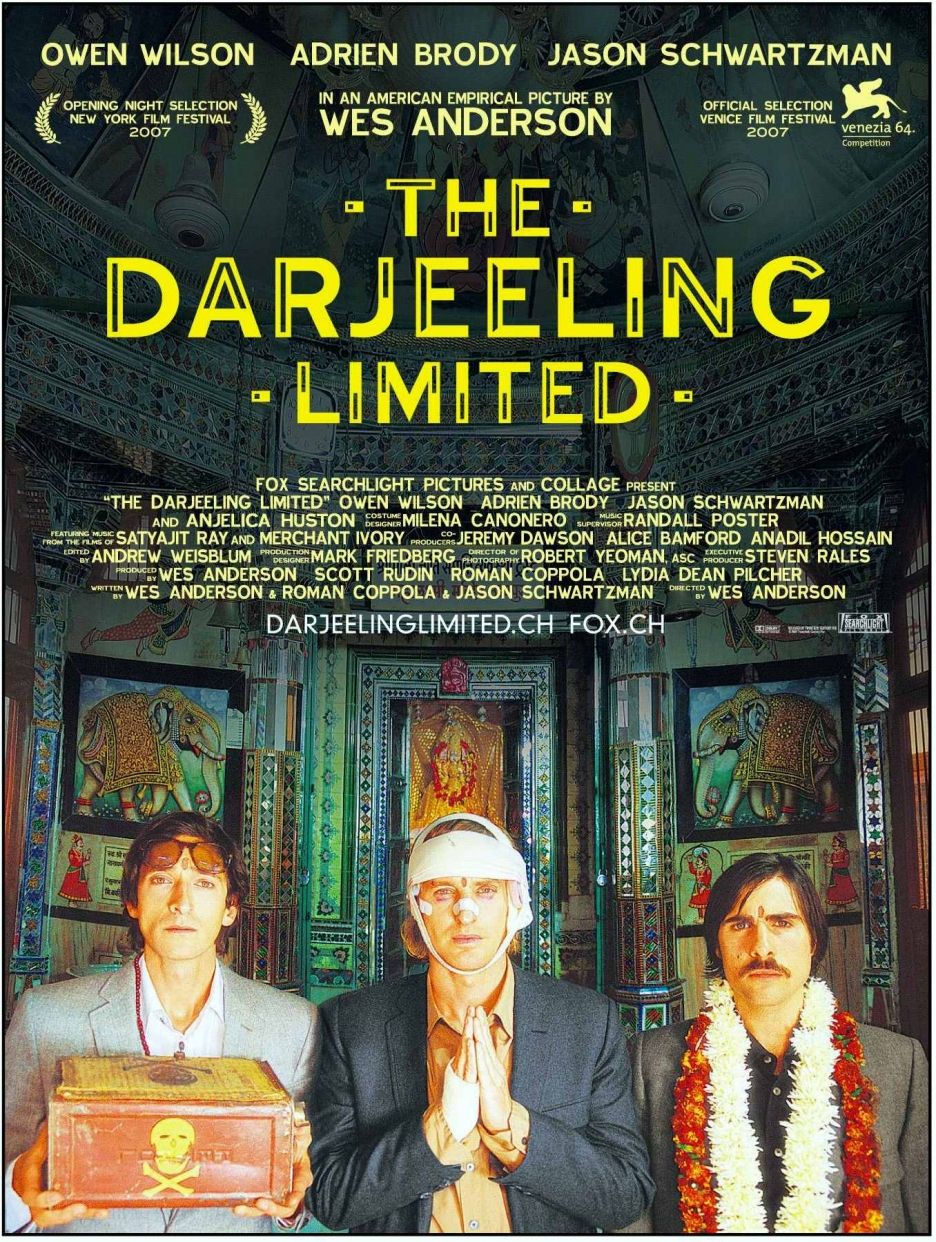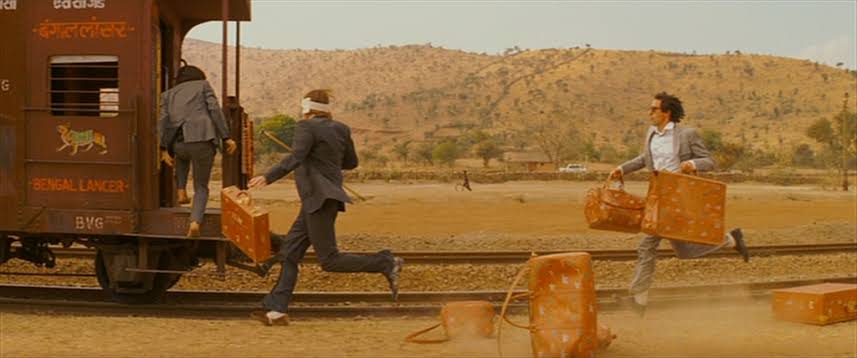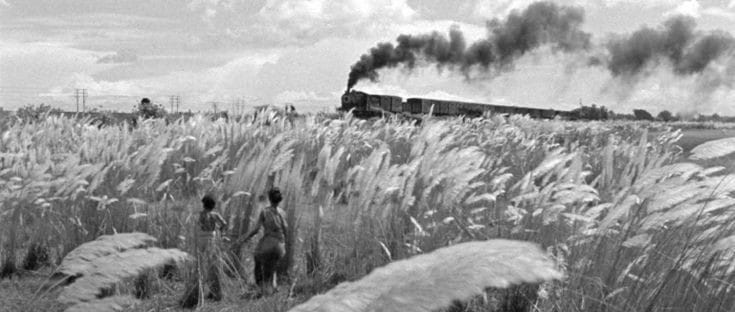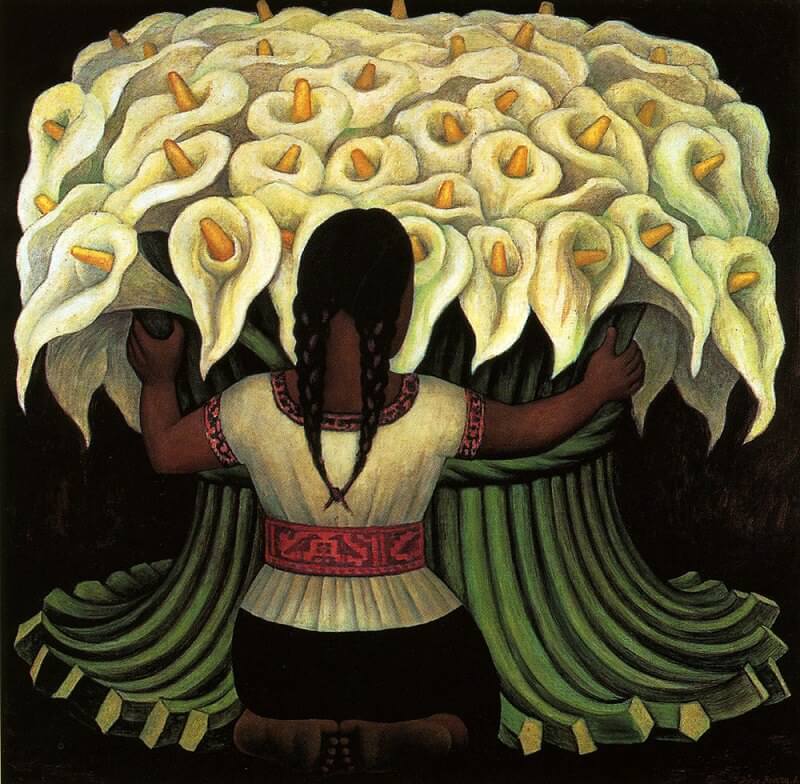At first glimpse, Satyajit Ray and Wes Anderson seem poles apart as filmmakers. But when you look closely, you see the similarities. While Anderson is one of the most original voices in filmmaking today, his movies include clues of directors who have greatly influenced him. A prominent one being the Indian filmmaker Satyajit Ray.
Born on May 2nd, 1921, Satyajit Ray was a renowned Bengali movie director, composer, designer, writer and illustrator. As a director, Ray is celebrated for his realistic portrayal of humankind, his understanding of a plethora of genres, and his attention to detail, especially when it came to his movies’ music scores. Known as one of the best Indian filmmakers of the 20th century, Ray was instrumental in introducing the world to Bengali cinema. His most well-loved motion pictures are Pather Panchali (1955; The Song of the Road) and its two sequels, which are collectively known as the Apu trilogy. Pather Panchali won a major award at the 1956 Cannes International Film Festival, which helped kickstart Ray’s illustrious career.
While SatyajitRay’s motion pictures spanned a number of genres and included comedies, tragedies, romances, musicals, and even detective stories, they were all driven by the primary characters’ internal turmoil, which connected with audiences worldwide. In 1992, Ray passed away at the age of 70 and was the first Indian to receive an Academy Honorary Award.
Wesley Wales Anderson, or Wes Anderson is an American director and screenwriter. He is regarded as being one of the greatest living directors of western cinema. Anderson is particularly known for his one-of-a-kind visual aesthetic and idiosyncratic motion pictures. Anderson’s films almost always include larger than life sets, relentlessly detailed shots, quirky characters and deceptively thoughtful plots. Wes Anderson’s most critically acclaimed movies include Moonrise Kingdom (2012), The Royal Tenenbaums (2001), The Grand Budapest Hotel (2014) and The Darjeeling Limited (2007).
Wes Anderson’s The Darjeeling Limited sees actors Jason Schwartzman, Owen Wilson, and Adrien Brody as estranged brothers travelling in India by train to visit their mother following their father’s death. Not only did Anderson famously dedicate this motion picture to Satyajit Ray, but the music score and the final scene of the movie also have a strong Ray connection.
The Darjeeling Limited’s soundtrack includes the song Charu’s Theme by Satyajit Ray, which is used in several crucial scenes of the movie. The song is originally from Ray’s movie Charulata (1964). The Darjeeling Limited’s music score also includes songs from Ray’s motion pictures Joi Baba Felunath (1979), Teen Kanya (1961) and Jalsaghar (1958). Speaking of Satyajit Ray’s music that he used in The Darjeeling Limited, Anderson told The Rolling Stone, “It’s some of the most unique music that we’ve ever used. I had to personally introduce myself to the Satyajit Ray Family and Foundation and convince them that it was worthwhile to digitise all of his master tapes. I wound up sitting in Calcutta for five days waiting for them to hand them over. But that was one of the great experiences of my life.”
Furthermore, the closing scene of The Darjeeling Limited sees the three Whitman brothers running after the Bengal Lancer train, which is a clear reference to Ray’s film Pather Panchali, where similar looking men—Durga and Apu run across fields chasing a train. A portrait of Satyajit Ray can also be seen above the Whitman brothers while they sit in their cabin aboard the train.
In an interview for one of his earlier films—The Life Aquatic with Steve Zissou (2004), Anderson said, “Ray is one of my favourites. His films feel like novels to me. He draws you very close to his characters, and his stories are almost always about people going through a major internal transition. My favourites are the Calcutta trilogy of The Adversary (1970; Pratidwandi), Company Limited (1971; Seemabaddha), and The Middleman (1976; Jana Aranya), which are very adventurous and inventive stylistically, and Days and Nights in the Forest (1970; Aranyer Din Ratri), which completely captured my attention when I was a teenager, with soulful troublemakers as heroes. I think Charulata (1964; The Lonely Wife) is one of his most beautiful films, and also the Apu films.”
In a talk with a local Rajasthani paper—the Statesman during the release of The Darjeeling Limited, Anderson spoke about Ray’s influence on his directorial style. “[Ray’s] work has been an enormous influence on [“The Darjeeling Limited”]… He was my inspiration for coming to India in the first place. He is the reason I came here, but his films have also inspired all my other movies in different ways, and I feel I should dedicate the movie to him,” said Anderson.
Wes Anderson is not the only famous American filmmaker that Satyajit Ray has had an impact on. In fact, Steven Spielberg’s blockbuster E.T. was heavily influenced by Ray’s work and the iconic character of Apu from The Simpsons is supposedly based on Satyajit Ray’s Apu trilogy.
Words by Pallavi Mehra.
Images via Pinterest.
